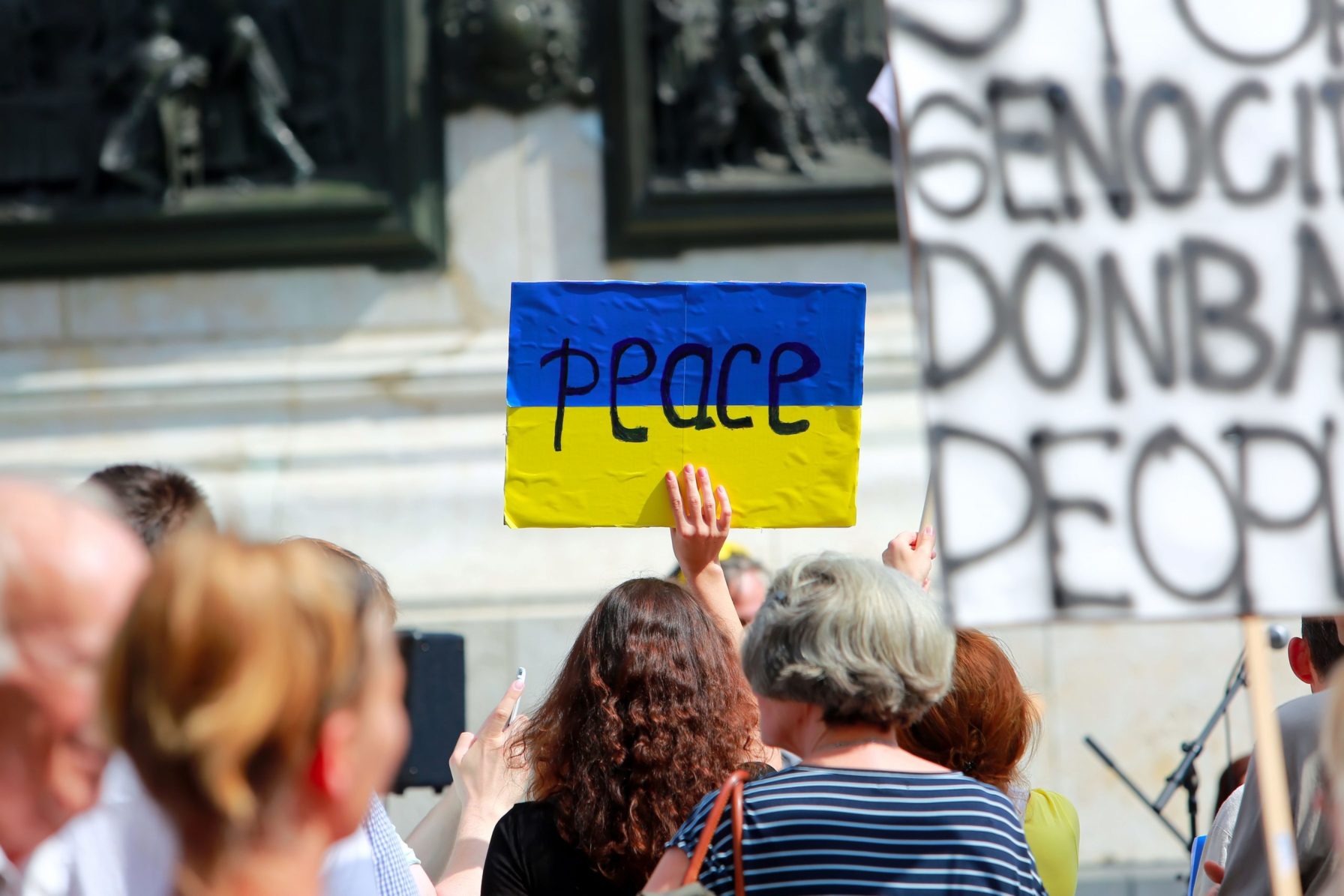When really big news hits the headlines, we cannot fully prevent the children and young people in our care from hearing about what’s happening. As the mother of an eight-year-old, however much I try to turn the news bulletins down on the radio while we’re on the school run, or switch the channel over when disturbing news is broadcast on our screens, distressing visual and mental images of course slip through and questions get asked.
Making sense of worrying events
Preventing vivid images of war from being seen by children too young to fully process events is a natural knee-jerk reaction for parents and teachers. But the Russian invasion of Ukraine is now, at the time of writing, nearly a month in duration and my wall of mute to protect small ears has holes. Chats with friends at school, snippets on social media, news broadcasts and overheard conversations between adults all serve to build a picture of what may or may not be happening, which can cause anxiety, distress and fear.
Sources of support
Fortunately, there are some reliably appropriate sources of information for children and young people so that they can learn about major world events in an age-appropriate way. As adults, we are hearing of and seeing truly atrocious events in Mariupol, Kyiv and elsewhere, but in order to help young people to make sense of them, it may be useful to draw on these sources of information and support. These sites may help:
- How to talk to your teenager about the invasion of Ukraine: tips for parents and carers – Parents’ Toolkit – BBC Bitesize – BBC Bitesize suggests meeting children’s curiosity about Ukraine with facts, while taking care that the conversations you have with other adults on the issue are not overheard. “Alarming and dramatic language” does not help. Factcheck what they are accessing and check in with them to make sure they are not burdened with fears and concerns.
- How to talk to children about Russia’s invasion of Ukraine | ITV News – ITV News stresses the importance of following a child’s lead when it comes to discussing the invasion. “Ask open-ended questions and let them talk”.
- War in Ukraine: What do all the words mean? – CBBC Newsround – CBBC Newsround has some very useful pages on understanding the language of war, such as annexation, displaced, deterrent and oligarchs. There is also advice for young people if they are upset by the news Advice if you’re upset by the news – CBBC Newsround and information on what’s being done to help Ukrainian refugees Ukraine refugees: What’s being done to help? – CBBC Newsround
- How do I talk to my child about the Russian invasion of Ukraine? – Support for Parents from Action For Children – Action for Children offers useful advice including giving children stability as far as possible in their own lives and helping them to take positive action.
- Useful resources for talking about Ukraine and Russia – BBC Children in Need – offers helpful advice for parents, teachers and other adults as well as sources of support for those asking for help.
- Help for teachers and families to talk to pupils about Russia’s invasion of Ukraine and how to help them avoid misinformation. – The Education Hub (blog.gov.uk) – These pages on the Gov.uk website suggests establishing the facts of the Russian invasion, the “what, where, when, why and who”. Suitable for secondary and older primary children.
A permanent cover-up of global events will not serve children and young people well. While we must reassure, and educate, we cannot pretend that atrocities and injustices are not happening in the world. But we can guide, support and be there for when the world seems frightening, and help to illuminate a path of action that will both calm and inspire over the coming weeks and months.

